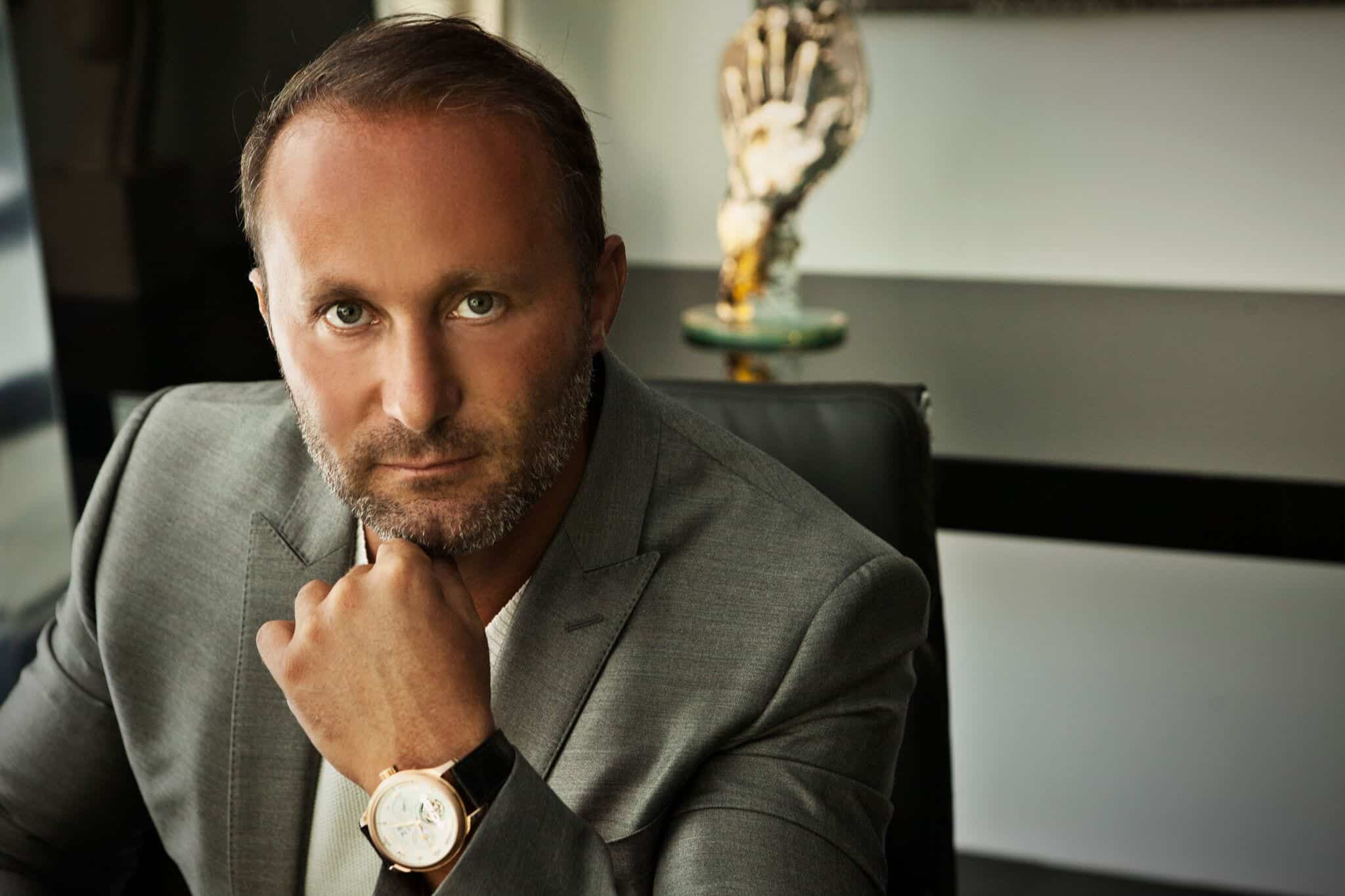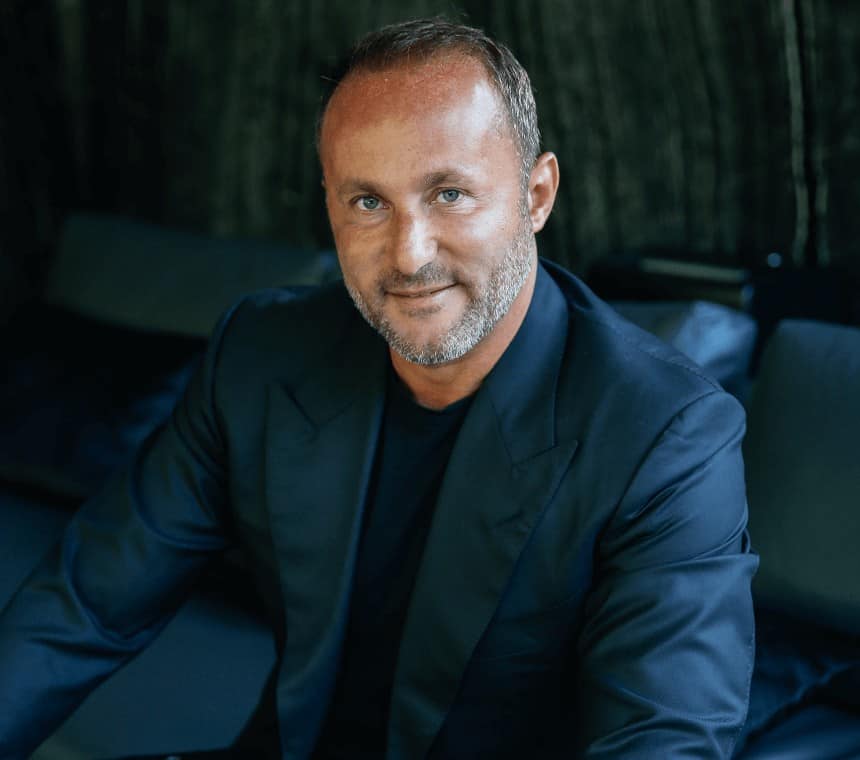Latest News
Asian Entrepreneur Magazine Talks ‘Startups’ with Allied Wallet’s Dr. Andy Khawaja

Dr. Andy Khawaja grew up in Lebanon as a child and came to the United States as a teenager. He has been in the luxury retail business for many years and ran a retail chain with stores in Rodeo Drive’s Beverly Hills and Las Vegas MGM. As the Internet began to grow, Dr. Andy realized that he would need a way to accept credit cards. Dr. Andy’s experience with overseas clients has given him a very good understanding of foreign business. He wanted to create a way to connect business owners and customers around the world. It happened through the Allied Wallet. We used to market by word of mouth 10 years ago, but now we’re working for 150 million merchants around the world.
Interviewer: In your own words, what is Allied Wallet?
Andy Khawaja: Allied Wallet is currently the fastest growing online payment processor in the world. We provide small businesses around the world with the ability to process credit card payments from their customers safely and quickly. The award-winning API allows all transactions to be scrubbed for fraud and processed in over 150 different currencies for a truly international experience.
Interviewer: How did you come up with the idea for Allied Wallet?
Andy Khawaja: I started this company 10 years ago. It was inspired by giving companies everywhere the opportunity to take them to the next level, the global level. I realized that I needed a safer way to handle international transactions. No one else was doing this, leaving plenty of room for fraud that could ruin your business.
Interviewer: What is the process of launching Allied Wallet?
Andy Khawaja: When a merchant comes to us, we fill out an application on our website. Your in-house underwriting team will review the document and send you an approval email with the code for your website’s secure checkout page. When the seller makes changes to the site, set it to live. All of this can be done in just 12 hours.
Interviewer: Did you have any particular problems at startup?
Andy Khawaja: Unlike other processing companies, we didn’t start with investor funding. Allied Wallet was built with my own money because I believe in this company. The efforts and dedication of our team have created one of the most successful processing companies in the world today.
Interviewer: How have you developed Allied Wallet since the startup?
Andy Khawaja: When we first started, we focused primarily on gateways and ensured the best security available to thwart fraud. Since then, we have created other products such as prepaid cards, virtual wallets and NextGen gateways. We are constantly evolving to create new and better products to assist our merchants.
Interviewer: What kind of feedback have you received about Allied Wallet so far?
Andy Khawaja: Allied Wallet is very well known in the US, Europe and Asia. It is consistently award-winning for its outstanding processing capabilities and efforts to ensure seller success. A growth rate of 200-500% each year shows that people trust Allied Wallet in their business.
Interviewer: Are you facing competition in this industry, especially with companies like Allied Wallet?
Andy Khawaja: We love competition. PayPal is probably our biggest direct competitor, but they have different infrastructures and we have a global approach with a variety of features and greater flexibility for merchants. .. As you know, the payments industry is very competitive, but with low rates, good in-house customer service, a variety of shopping cards to integrate, and invincible fraud prevention, Allied Wallet speaks for itself.
Interviewer: Tell us about the industry.
Andy Khawaja: The industry is very competitive and can be dangerous to new merchants. There’s a lot to understand about accepting credit cards online before you dive into it, and you must have a secure gateway to prevent fraud.
Interviewer: What is the future of the industry and how do you plan to stay relevant in this industry?
Andy Khawaja: The digital payments industry will grow bigger and bigger. More and more people are paying with cards and apps instead of cash. In short, more and more people need a way to make payments electronically. Allied Wallet is constantly improving and creating new products to keep the game at the top as one of the most reliable processors in the world.
Interviewer: What do you think about Asian entrepreneurship and Western entrepreneurship?
Andy Khawaja: Being an entrepreneur in Asia is very different from being an entrepreneur in Western countries like the United States and Europe. There are different laws and different regulations, but most of all work ethics are different. When you meet top businessmen in Tokyo, Hong Kong and Singapore, you realize how hard they are working and they won’t stop until they reach their goals. It’s very exciting.
Interviewer: What is the definition of success?
Andy Khawaja: Success is the ability to work hard, reach goals, and help others on the way to the top. Be surrounded by hard-working people who believe in you and show your gratitude. Success makes a difference.
Interviewer: Why did you decide to become an entrepreneur?

Andy Khawaja: I’ve always been an entrepreneur. When I was a child growing up in Lebanon, I used to collect cartridge cases on the street and submit them for money. After moving to the United States, I worked hard to improve and grow my company until I was able to start my own company.
Interviewer: In your opinion, what is the secret to success as an entrepreneur?
Andy Khawaja: The key to success is hard work and belief in yourself. If you don’t have both of them, you can’t get it done as an entrepreneur.
Interviewer: From your personal experience, are there any words of goodbye wisdom for entrepreneurs?
Andy Khawaja: I would like to tell all the entrepreneurs there that vision and effort are the keys to success. If you work hard, spend effort and time, and choose a reliable and secure processing company that you can trust to help you grow, nothing prevents you from achieving your goals There is none. Every day you don’t use to work towards your goal day is a waste of time and you work every day for the future.
Harper Harrison is a reporter for The Hear UP. Harper got an internship at the NPR and worked as a reporter and producer. harper has also worked as a reporter for the Medium. Harper covers health and science for The Hear UP.










